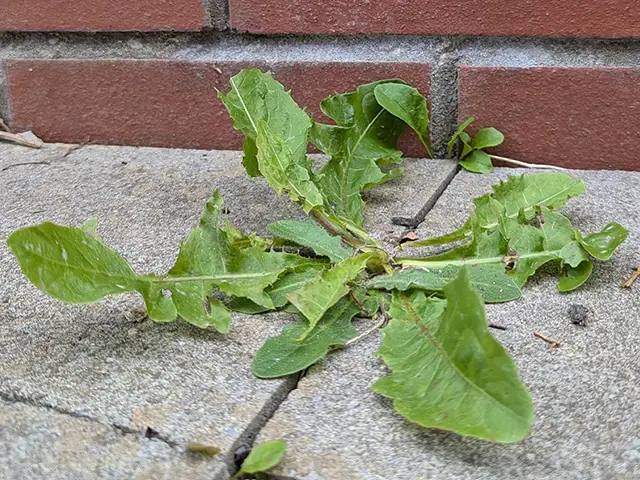Support quality, independent, local journalism…that matters
From just £1 a month you can help fund our work – and use our website without adverts. Become a member today

Glyphosate-based herbicides continue to be used for weedkilling, Caerphilly County Borough Council has said.
The chemical has drawn controversy in recent years amid allegations about possible carcinogenic effects, which continue to be debated and challenged.
In July 2020, a Caerphilly Council officer said the local authority would look at “suitable alternatives” for weed treatments while using glyphosate.
Five years on, a council spokesperson said Caerphilly “continues to use glyphosate-based herbicides, which remain licensed in the UK until at least December 2026, pending further review”.
The spokesperson said roadside weedkilling is conducted by a contractor using “precision spraying technology”.
This is “currently the most effective method for treating weeds on roads and footpaths”, and while “alternatives exist, they have proven less effective at scale”.
The council also uses glyphosate for countryside management, “but only as a last resort to treat invasive species such as Japanese knotweed, himalayan balsam, and giant hogweed”, the spokesperson explained.
In “some cases” it is also used in controlled areas for stump treatment or bracken control “where other options are unavailable”.
The spokesperson said the council “remains committed to minimising chemical use where possible while maintaining safe and accessible public spaces”.
The council also pointed to a 2022 weedkiller study run by Cardiff Council which trialled a “highly-concentrated” vinegar, and a hot foam treatment, as possible alternatives to glyphosate.
Following the study, the council said an independent scientific report concluded glyphosate was “the most effective and sustainable weed control method currently available”.
It was also the “least expensive product tested and ranked highest for customer satisfaction”, Cardiff Council said at the time.
Support quality, independent, local journalism…that matters
From just £1 a month you can help fund our work – and use our website without adverts.
Become a member today
